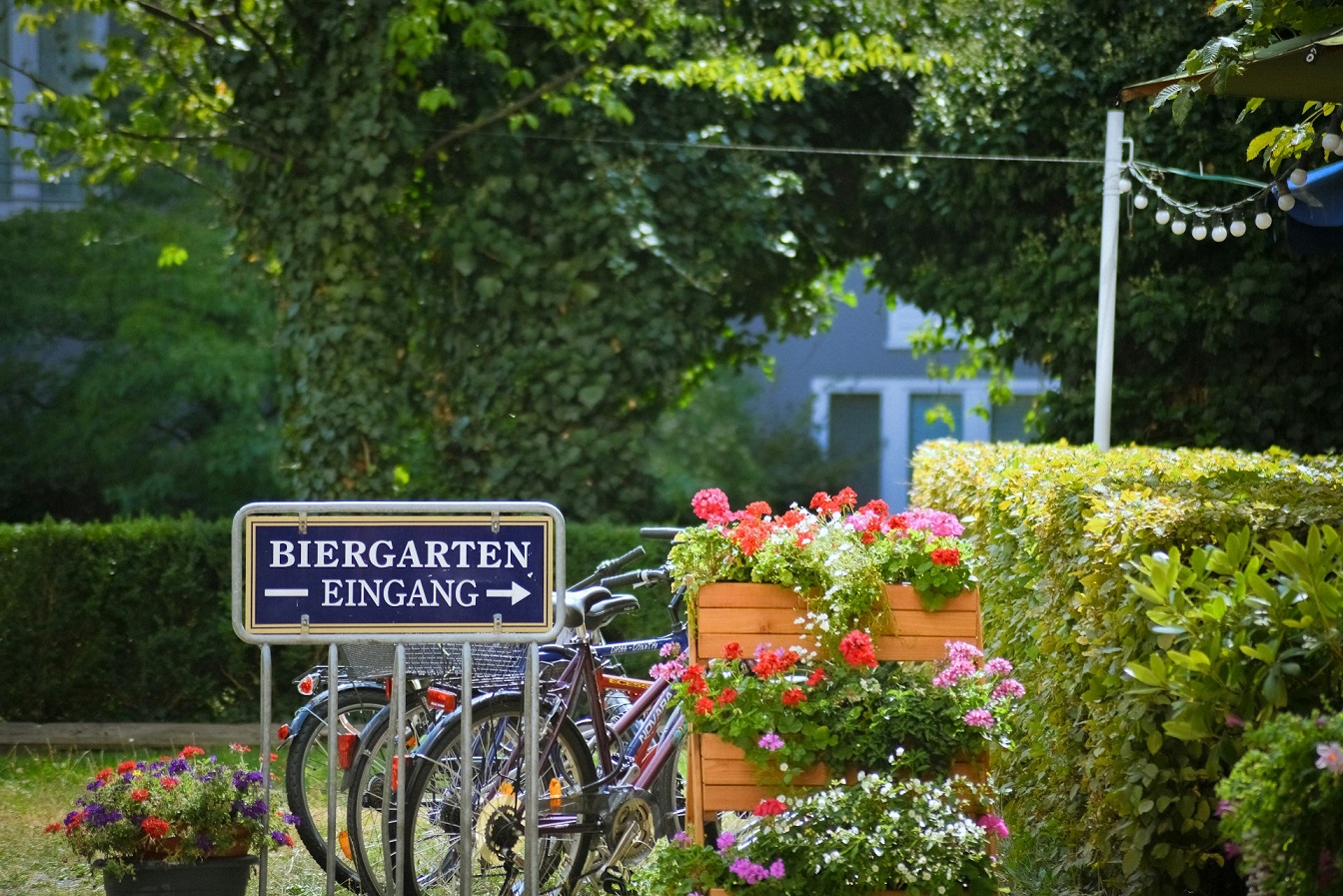
In the heart of Germany, where tradition weaves through the fabric of daily life, the Biergarten stands as a testament to communal joy and the simple pleasure of a good beer under the open sky. Biergartens, or beer gardens, are much more than just outdoor venues for beer consumption; they are cultural institutions that celebrate German brewing excellence, local cuisine, and the timeless tradition of gathering with friends and family. This article delves into the rich history, unique atmosphere, and enduring popularity of Biergartens in Germany, offering insights into one of the country’s most cherished traditions.
The Roots of Biergarten Culture
The origin of the Biergarten can be traced back to 19th-century Bavaria, specifically to the cellars where brewers stored their beer during the warm summer months. To keep the beer cool, chestnut trees were planted above the cellars for shade, and soon tables and benches were added under these trees. This serendipitous combination of shade and refreshment laid the groundwork for the Biergarten culture. It wasn’t long before these spots became popular gathering places for the local community to enjoy a cold beer and escape the confines of the city.
The Quintessential Biergarten Experience
A visit to a traditional Biergarten in Germany is an experience steeped in conviviality and rustic charm. Long communal tables encourage mingling with locals and fellow travelers alike, fostering a sense of unity and friendship. The menu often features hearty Bavarian fare, such as pretzels, sausages, and other regional specialties, perfectly complementing the wide array of beers on offer.
One of the defining features of Biergarten culture is its inclusivity; families with children, groups of friends, and solo visitors all find a welcoming atmosphere. The open-air setting, surrounded by nature, provides a relaxed backdrop for afternoons spent savoring the simple pleasures of good company and great beer.
Biergartens and German Beer Tradition
Germany’s beer tradition is world-renowned, with strict purity laws and a brewing heritage that dates back centuries. Biergartens celebrate this tradition by serving a variety of local brews, from well-known lagers and ales to regional specialties like Weissbier and Rauchbier. The emphasis is always on quality and authenticity, reflecting Germany’s deep respect for its brewing craft.
Iconic Biergartens in Germany
From Munich’s sprawling Englischer Garten, home to the famous Chinesischer Turm Biergarten, to the historic Augustiner-Keller in the heart of the city, Germany boasts countless Biergartens, each with its unique character and history. Berlin, Hamburg, and Cologne, among other cities, also offer their own takes on the Biergarten, blending local culture and modern twists with the traditional elements of communal seating, simple fare, and excellent beer.
Oktoberfest: A Global Ambassador of Biergarten Culture
While Biergartens operate throughout the year, their spirit is perhaps most vibrantly showcased during Oktoberfest, Munich’s legendary beer festival. Oktoberfest not only celebrates Bavarian beer in all its variety and richness but also elevates the Biergarten experience to a global stage. This annual event, drawing visitors from around the world, encapsulates the essence of Biergarten culture—fusing traditional German beer, food, music, and communal joy into an unforgettable festival.
During Oktoberfest, Munich’s Biergartens transform into epicenters of festivity, mirroring the festival’s exuberance. Long wooden tables filled with both locals and tourists, traditional Bavarian music permeating the air, and the clinking of beer mugs under the autumn sky exemplify the communal spirit that Biergartens and Oktoberfest share. This period highlights the social and cultural significance of Biergartens, showcasing their role in fostering unity and celebration.
The Social Fabric of Biergartens
Biergartens play a pivotal role in the social fabric of German communities. They serve as venues for celebrating festivals, listening to live music, and engaging in lively conversations. The Biergarten’s open, accessible nature makes it a democratic space where people from all walks of life can come together.
Sustainability and Biergarten Culture
In recent years, there has been a growing emphasis on sustainability within the Biergarten culture. Many establishments now prioritize locally sourced ingredients, organic beers, and environmentally friendly practices to ensure that this cherished tradition can continue for generations to come.
Biergartens Beyond Germany
The charm and appeal of the Biergarten have transcended national borders, with Biergarten-inspired venues popping up around the world. These establishments aim to capture the essence of the German Biergarten experience, offering a slice of Bavarian culture wherever they are found.
Biergartens in Germany are more than just places to drink beer; they are cultural landmarks that celebrate the communal spirit, brewing artistry, and the joy of the outdoors. As symbols of German heritage, they invite locals and visitors alike to partake in a tradition that epitomizes the German way of life. Whether you’re clinking glasses under the shade of chestnut trees or enjoying a lively conversation with new friends, the Biergarten offers a timeless experience that is quintessentially German.
As Germany continues to evolve, the Biergarten remains a steadfast reminder of the country’s rich history, its commitment to quality, and its love for Gemütlichkeit (coziness). So, the next time you find yourself in Germany, be sure to venture into a Biergarten, where every sip of beer and bite of pretzel connects you to centuries of tradition and the heart of German culture.
Related articles:
The Role of Beer in German Society: More Than Just Oktoberfest
German Beer – the Absolutely German Drink
Understanding Gemütlichkeit
German Traditions
Oktoberfest
